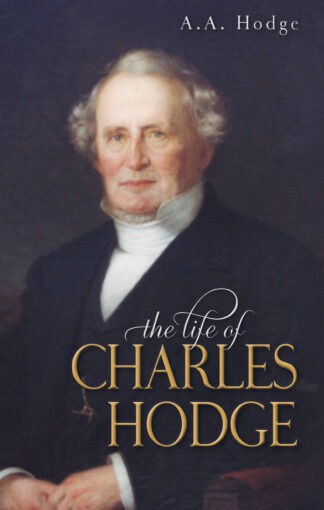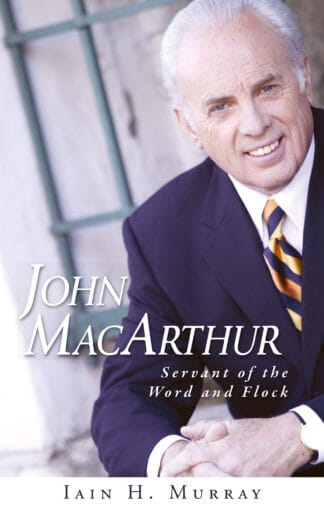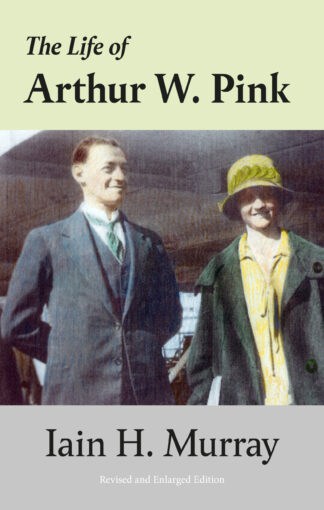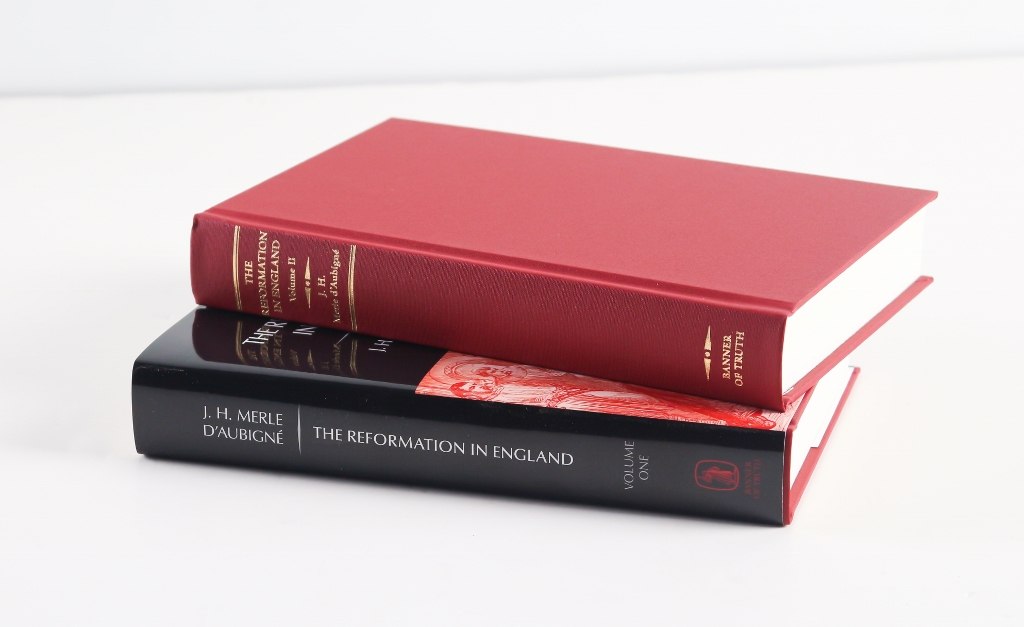The Reformation In England
| Weight | 1.5 kg |
|---|---|
| Dimensions | 22.3 × 14.3 × 7.0 cm |
| ISBN | 9781848716506 |
| Binding | Cloth-bound |
| Format | Book |
| Page Count | 1064 |
| Banner Pub Date | Jan 23, 2016 |
| Original Pub Date | 1853 |
Book Description
When the present publisher first issued The Reformation in England in 1962, it was hoped, in the words of its editor, S. M. Houghton, that it would ‘be a major contribution to the religious needs of the present age, and that it [would] lead to the strengthening of the foundations of a wonderful God-given heritage of truth’.
In many ways there has been such a strengthening. Renewed interest in the Reformation and the study of the Reformers’ teaching has brought forth much good literature, and has provided strength to existing churches, and a fresh impetus for the planting of biblical churches.
Concurrent with this development in the life of the churches, however, has been a dramatic shift in Western society at large. In the decades since the 1960s, the de-Christianization of society at a cultural and legislative level has been rapid. Biblical illiteracy is the norm. Secularism now dominates the Continent that witnessed the reforming work of Luther, Zwingli, and Calvin, Tyndale, Cranmer, and Knox.
In this hostile intellectual climate, d’Aubigné’s work again provides a means for Christians to place themselves in history. The Reformation in England brings to mind the important part that Reformers and Martyrs played in the development of our now fragile modern freedoms.
Above all, however, this work bears testimony to the power of the Spirit of God in the lives of individuals, churches, and nations. D’Aubigné wrote as a serious historian, but also, and crucially, as a pastor who had a deep understanding of the way in which God sovereignly acts in providence to bring about his purposes.
Gripping in its prose, yet far from sensationalist, this colourful record of the period is one which will be appreciated by spiritually-minded Christians everywhere.
Table of Contents Expand ↓
| VOLUME 1 | ||
| Introduction | xxi | |
| BOOK ONE – England before the Reformation (from 2nd Century – 1517) | 3 | |
| BOOK TWO – The Revival of the Church (1516 – 1525) | 129 | |
| BOOK THREE – The English New Testament and the Court of Rome (1526 – 1528) | 233 | |
| BOOK FOUR – The Two Divorces (1527 – 1530) | 333 | |
| VOLUME 2 | ||
| BOOK ONE – England Begins to Cast off the Papacy (1529 – 1534) | 3 | |
| BOOK TWO – England Breaks with Rome (1534 – 1536) | 173 | |
| BOOK THREE – Reformation, Reaction, Relief (1536 – 1547) | 357 |
Book Review
Related products

Description
Book Description When the present publisher first issued The Reformation in England in 1962, it was hoped, in the words of its editor, S. M. Houghton, that it would ‘be a major contribution to the religious needs of the present age, and that it [would] lead to the strengthening of the foundations of a wonderful […]

John MacArthur
Servant of the Word and Flock
Description
Book Description When the present publisher first issued The Reformation in England in 1962, it was hoped, in the words of its editor, S. M. Houghton, that it would ‘be a major contribution to the religious needs of the present age, and that it [would] lead to the strengthening of the foundations of a wonderful […]

Description
Book Description When the present publisher first issued The Reformation in England in 1962, it was hoped, in the words of its editor, S. M. Houghton, that it would ‘be a major contribution to the religious needs of the present age, and that it [would] lead to the strengthening of the foundations of a wonderful […]




Robert Widdowson –
C.S. Lewis advised reading older books alongside newer ones. That’s especially true when reading history books. This old gem is worth studying. His prose is definitely from another era, but that’s part of the charm. However, it’s what he writes about the reform movement in England , the erudite content , that deserves our ear. When we consider the state of Great Britain today, it’s truly sad. It once held such great promise. Much of that promise (I would argue the lion’s share) was owing to the English Reformation. It tells the story of what our great God is able to accomplish through tiny means, in this case the British Isles.
Richard Jones –
I have been reading “The reformation in England for the past month, I have finished volume one, I am a slow reader, but i read as much as my weary eyes would allow, I personally promote it as one of the best if not the best history told of the reformation. Much insight into the lives and character of men and women of times past. After I read volume two, I am sure to read it again, and give do respect to Mr J. H. Merle D’Aubigne and his wonderful contributions to our Christian history.
Tim –
I just finished both volumes of this very good history of the Reformation in England. The author sure kept it interesting, even though his writing reflects an earlier era. I recommend it for anyone who would like to better understand the forces at work in this period English history, particularly during the reign of Henry VIII.
One thing that impressed me about this time was the number of people who were put to the stake or beheaded for things that most of us take for granted, such as the question of the transubstantiation. For instance, there were those who were burned at the stake merely because they refused to confess that the real presence of Christ was not in the bread and the wine. There are differences of opinion today, but no one is put to death for holding on to one or the other.
The author obviously favors the protestant reformers, and seems to be fair at points to those who remained Roman Catholic, but it would be interesting to read a a RC response to a number of the events recorded in the book.
For anyone interested in the history of the Reformation in England this is an important resource.
Carl E. Wolfe –
My wife have read both volumes-we can hardly put them down. Christian history is traced in minute, fascinating, detail-especially the years of Henry VIII. His contradictory influence on the British church explains why the Anglican church is now a mix of Roman Catholicism and the Protestant church.
Adam Swift –
This book is a quick-paced, action-packed telling of the story of England’s Reformation. The stories of the English Reformers will inspire you and spur you on to radical obedience to Jesus Christ. If there is a weakness in this book it would be the repetition of content with some of the historical events, as well as overly simplistic explanations of some of the historical facts of the Reformation in England. All in all, it is worth the read and will keep you entertained.
Vaughn D. Longanecker –
Unlike almost all “Christian History” text this is written from a truly Providential perspective, as all “Christian Histories” should be written, that is, from God’s perspective of what He is doing. The Reformation was not first a work of man, but most “Christian History” books do not give that perspective, Merle d’Aubigne does this masterfully, giving due credit to God. This history is truly God honoring; thank you Lord.
djboone31 –
All history is important and this is no dull account! Perhaps I shouldn’t be this way, but politics bore me. Though there were a handful of chapters heavy laden with the matter, I found the bulk of these two volumes to be on the edge of your seat action. Whether you come across the more famous characters of the Reformation In England, like Wycliffe, Tyndale or Cranmerer or the more ordinary people who led quiet but no less courageous lives, J H Merle makes you feel the sweat beading down their faces and their hearts pounding in their chests as they are confronted with life threatening dangers seemingly lurking at every corner and the decisions they must make to fall back or move forward.
These two volumes are filled with inspiring accounts of individuals now famous and many plain ordinary people who all chose to be mistreated with people of God, who were not worthy of this world, who God used for His glorious reformation of His Church. However it is not the individual accounts that impacted me most in these volumes, rather it was the overall horrific condition that the Church found themselves in, who drifted over the prior centuries and became almost completely out of touch with the Word of God and their tortuous travail and high price paid in blood to regain the glorious light of knowledge of understanding God’s Word.
History is no mere condiment to be placed on top for a little extra flavor, it is a vital staple for the Church of Christ to understand. I don’t know much about the man or what he stood for but somewhere I came across a quote by Georg Hegel that I thought was quite fitting for today, he says, “We learn from history, that we do not learn from history.” How true! In order for us to learn we’ve got to read it. Don’t look at the two volumes and say, “I can’t read all of that, I’m a slow reader,” well so am I, and as it turns out, Thomas Cranmer was too! Yup, you will find that once you get to the bottom of page 436 in volume 1 (1985 Banner softcover edition). So what’s our excuse now? Grab these two volumes on The Reformation In England, as a matter of fact grab everything you can get that the Banner puts out, the Church of Christ will be the better for it.
Onward Christian Soldier!